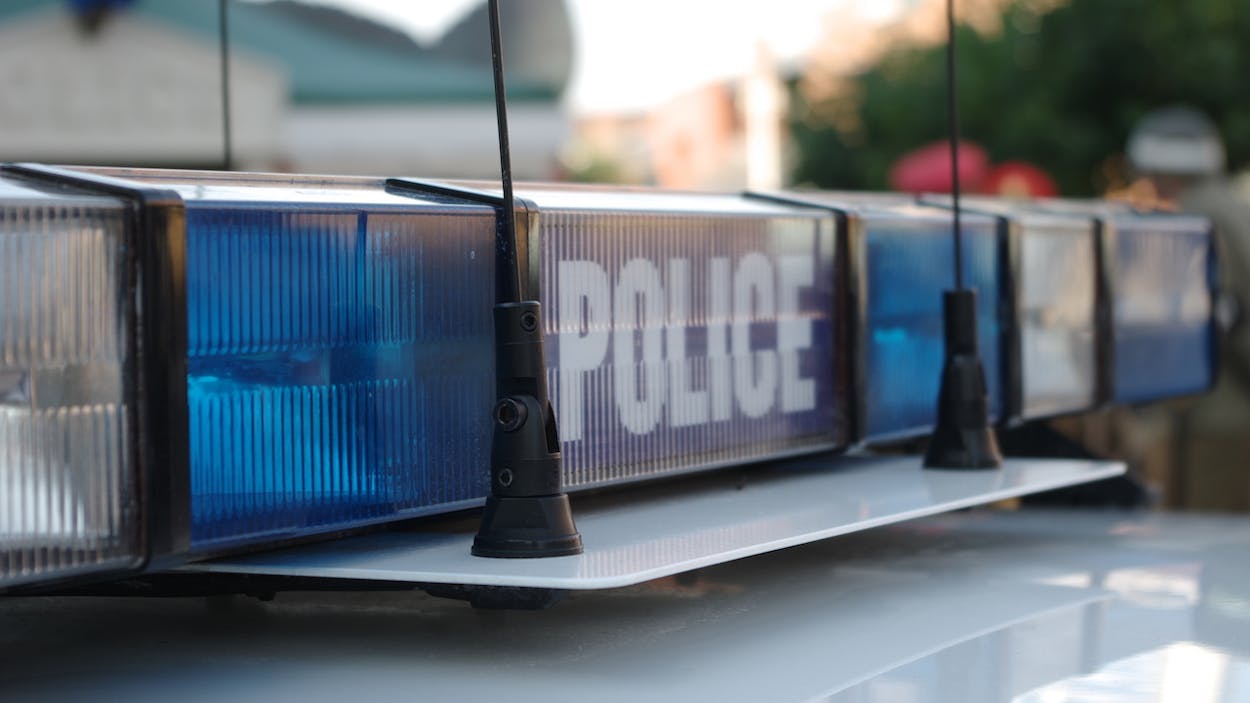We don’t know where seventeen-year-old David Joseph was in relation to Austin Police Officer Geoffrey Freeman when the officer shot and killed the teen on Monday morning. We do know that Joseph was unarmed at the time, though. Freeman should have probably known that too, because not only did Joseph not have a weapon in his hand, it’s also hard to believe he was concealing a weapon on his person: Joseph was naked at the time.
There are questions, certainly, about why a teenage boy might have been naked on the street near a North Austin apartment complex at ten in the morning. But the eventual answer to that question won’t change the fact that David Joseph is yet another unarmed black citizen killed by Austin police.
At a press conference Tuesday, APD assistant police chief Brian Manley explained that the dash cam in Freeman’s cruiser failed to record the shooting on video, though it did capture audio of the encounter and parts of the interaction before Joseph was shot. A written statement from Freeman, however, asserts that if the video was available, it would have shown the officer issuing commands to the boy, and the boy ignoring them and charging at the officer. At the press conference, Manley opted not to discuss if Freeman had tried to use his Taser instead of his handgun. But Manley did indicate that the time between the commands being issued and the shots being fired was “a matter of seconds.”
The reaction to the shooting has roughly been what we’ve come to expect in these cases: Law enforcement experts interviewed by the Austin American-Statesman speculate that drugs could have given Joseph “superhuman strength” and that he could have beaten Freeman to death, while the boy’s family and community activists struggle to understand what happened.
Certainly it’s possible that the clearly unarmed teenager presented a threat that could have only been stopped with his death, but it’s also something that Austin residents—especially black ones—have reason to regard suspiciously. Larry Jackson Jr. was unarmed when he was shot and killed by an APD officer, but a jurisdictional issue resulted in the criminal indictment against the officer who killed him being dropped. No indictments were offered in similar cases, such as the shooting of Nathaniel Sanders Jr, whose family received a $750,000 settlement after filing a wrongful death suit; or of Ahmede Bradley, whose family awaits a lawsuit after he was shot and killed by an officer who was later suspended for violating the department’s use of force policy; or in the shooting death of Kevin Brown, who was killed by an officer who was fired by the Austin Police Department, investigated by a grand jury after allegations surfaced that he abused a thirteen-year-old in custody when he worked in private security, and who currently works for the nearby Lakeway Police Department.
In other words, there’s a long pattern of officers who shoot and kill unarmed black citizens in Austin facing little in the way of legal consequences for their actions—even as courts, city officials, grand juries, and police supervisors find that the officers don’t appear to have followed procedure. For the family of David Joseph, the idea that their son could be just the latest name added to the list seems very present. “We are shocked and saddened that he was taken from us in an unexpected and violent way, and are struggling to understand how our child was stolen from us by the police,” they said in a statement, calling for “a full and fair investigation into what led Officer Freeman to kill David.” Although we don’t know what that investigation will turn up, history tells us that it’s unlikely to lead to an indictment.








